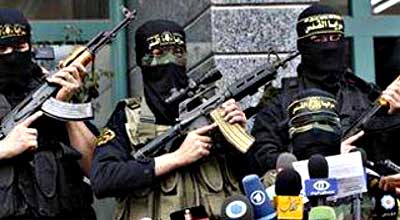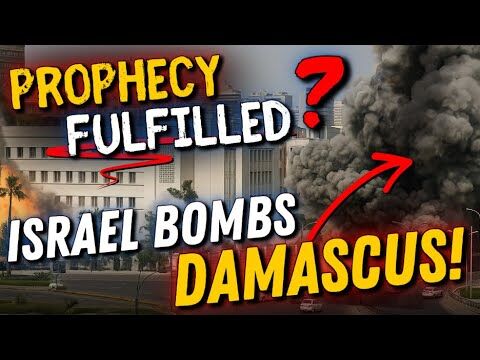Israel Defense Forces Chief of Staff Lt.-Gen. Benny Gantz said the IDF would see whether the Egyptian-mediated ceasefire would hold.
“We are still following the situation in the south and we need to see how it develops and whether the firing really stops,” Gantz told a group of new IDF recruits.
“It’s not over until it’s over,” he said. “Quiet will be answered with quiet, and fire will be answered with fire.”
By midday Tuesday, less than 12 hours after the ceasefire went into effect, Palestinians fired three mortars at the Eshkol Regional Council. Earlier, the two Kassams targeted the Sha’ar Hanegev and Eshkol Regional Councils and a mortar shell hit near Ashkelon.
Meanwhile, the IDF reported that Palestinians had been launching rockets from densely populated residential areas, effectively using the civilian population as human shields.
“Civilians who were not taking part in hostilities have been wounded in an Air Force strike on a terrorist cell launching medium-range rockets from a populated area in the northern Gaza Strip. This incident demonstrates that terrorist groups in Gaza use human shields and fire rockets from densely populated areas,” the IDF Spokesman’s Office said in a statement.
By launching rocket attacks from densely populated areas, terrorists knowingly put the civilian population at risk. Though Israeli pilots are capable of pinpoint precision on the launch sites, the potential for collateral damage is inevitable.
One terror cell, for example, conducted its operations near a school in northern Gaza.
Palestinians fired nearly 50 rockets at Israel on Monday and six by midday Tuesday, bringing the total number to 222 since Friday.
The IDF said four of the 26 Palestinians killed by Israeli airstrikes were civilians, including one 15-year-old boy.
On Monday, the U.S. Consulate in Jerusalem issued a security warning to U.S. citizens traveling in the south.
“Terrorist groups fired rockets and mortars into Israel from Gaza over the weekend, and Israel continues to conduct military operations inside Gaza, including airstrikes. In the past, some rockets have traveled more than 40 km from Gaza and landed as far north as Yavne and Gadera and as far east as Beersheva,” the statement warned.
The IDF Spokesman’s Office described the four days of rocket fire as a “dramatic development in terms of the quantity and rate of the fire.”
Israeli schools within rocket range remained closed Tuesday.












































